Superstitions are intriguing beliefs that have been passed down through generations across different cultures. They often reflect a community’s history, values, and attempts to make sense of the unknown. From avoiding black cats to not whistling indoors, these peculiar superstitions can influence daily behaviors and traditions in fascinating ways. Here, we explore some of the most unusual and interesting superstitions from around the world, uncovering the stories and beliefs behind them.
Knocking on Wood (Western Cultures)
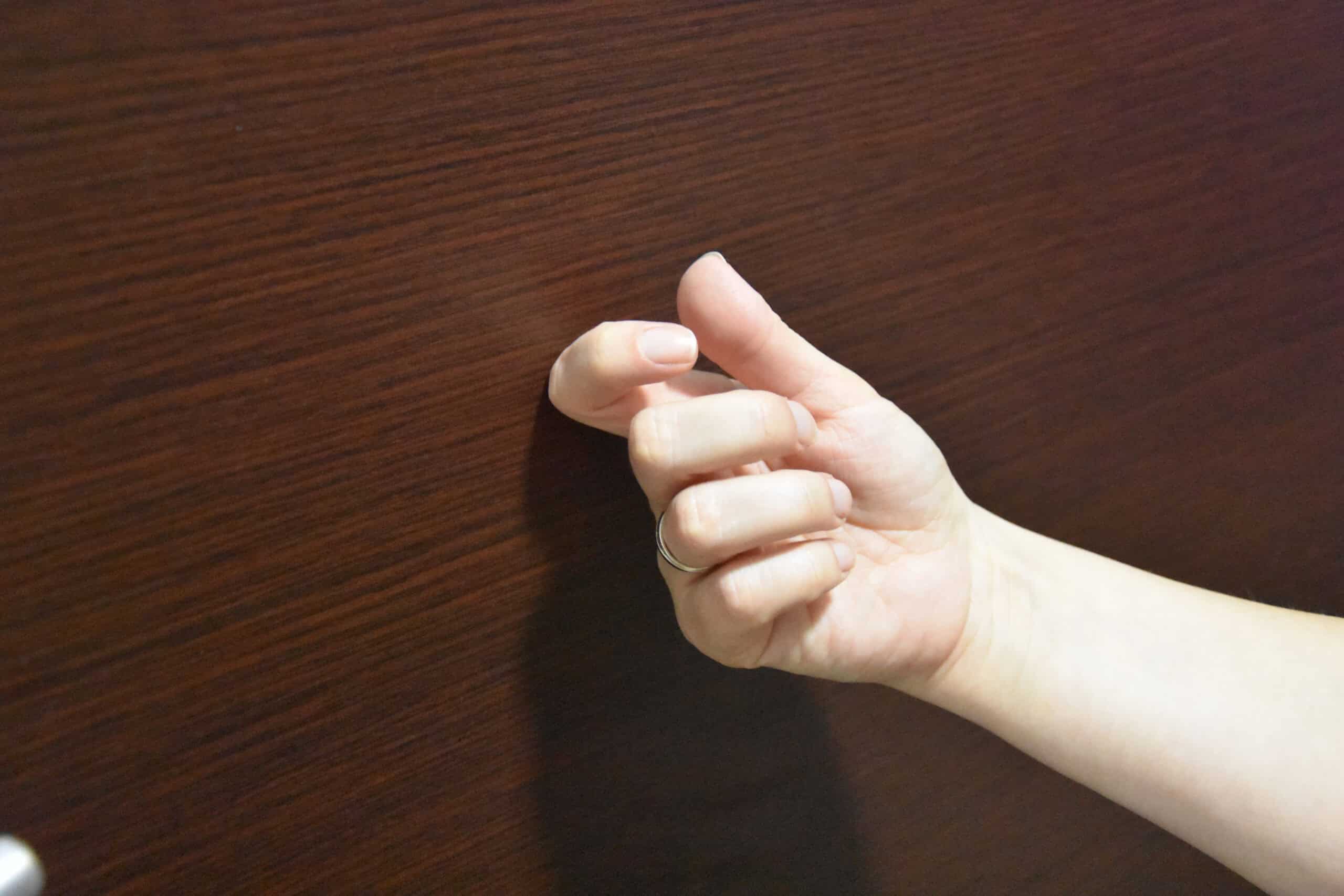
The superstition of knocking on wood is prevalent in many Western cultures. It is believed that by tapping on wood, you can ward off bad luck after making a hopeful statement. This practice stems from ancient pagan beliefs that spirits and gods resided in trees. By knocking on wood, people thought they were invoking the protection of these spirits. It’s a way to prevent fate from tempting itself against one’s positive statements.
Whistling Indoors (Russia)

In Russia, whistling indoors is considered extremely unlucky. This superstition comes from the belief that whistling inside can lead to financial ruin. It is thought that the act of whistling calls the wind, which metaphorically blows away one’s wealth. Many Russians take this superstition seriously and avoid whistling inside at all costs. The fear of financial misfortune drives this peculiar belief.
Broken Mirrors (Western Cultures)
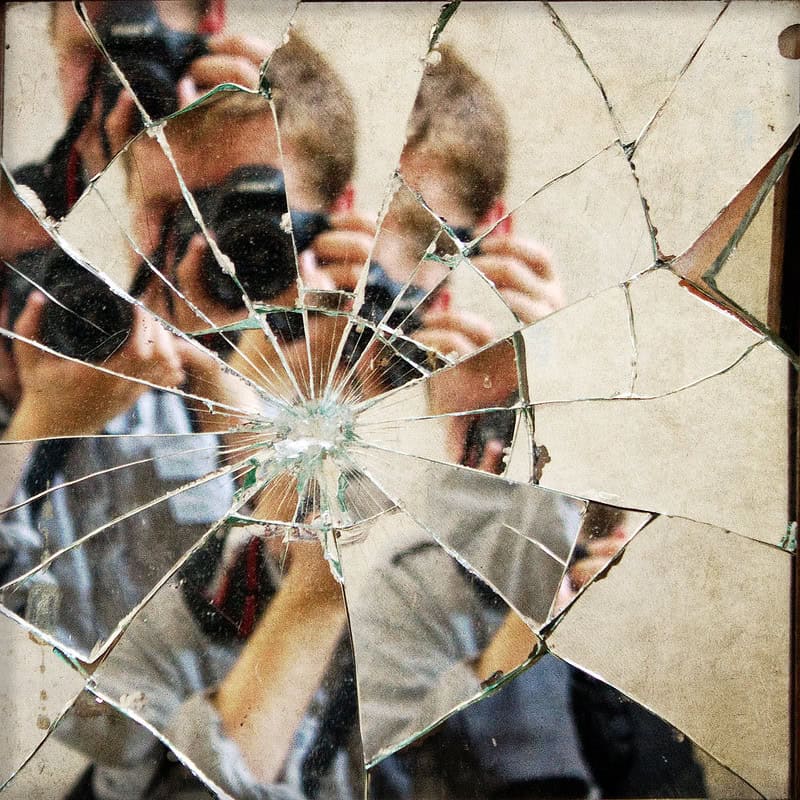
The belief that breaking a mirror brings seven years of bad luck is a common superstition in many Western cultures. This superstition originates from the idea that mirrors hold a piece of the soul. Therefore, breaking a mirror would harm the soul and bring misfortune. To reverse the bad luck, some people bury the broken pieces of the mirror in the moonlight. This practice aims to heal the soul and mitigate the curse.
Stepping on a Threshold (China)

In China, it is considered bad luck to step directly on the threshold of a door. This superstition is rooted in the belief that thresholds are inhabited by protective spirits. Stepping on the threshold is seen as disrespectful to these spirits, potentially bringing misfortune to the household. Instead, it is advised to step over the threshold. This practice is meant to show respect and maintain harmony with the spirit world.
Spilling Salt (Western Cultures)

Spilling salt is considered bad luck in many Western cultures. This superstition dates back to ancient times when salt was a valuable commodity. Spilling it was seen as wasteful and disrespectful to the gods. To counteract the bad luck, it is common to throw a pinch of the spilled salt over one’s left shoulder. This act is believed to blind the devil lurking behind and ward off misfortune.
Opening an Umbrella Indoors (Western Cultures)

The superstition that opening an umbrella indoors brings bad luck is common in Western cultures. This belief may have originated from the times when umbrellas were used more for protection against the sun rather than rain. Opening one indoors was thought to offend the sun god. Additionally, it was also considered a potential hazard in confined spaces. To avoid bad luck, many people still refrain from opening umbrellas inside.
Black Cats Crossing Your Path (Western Cultures)
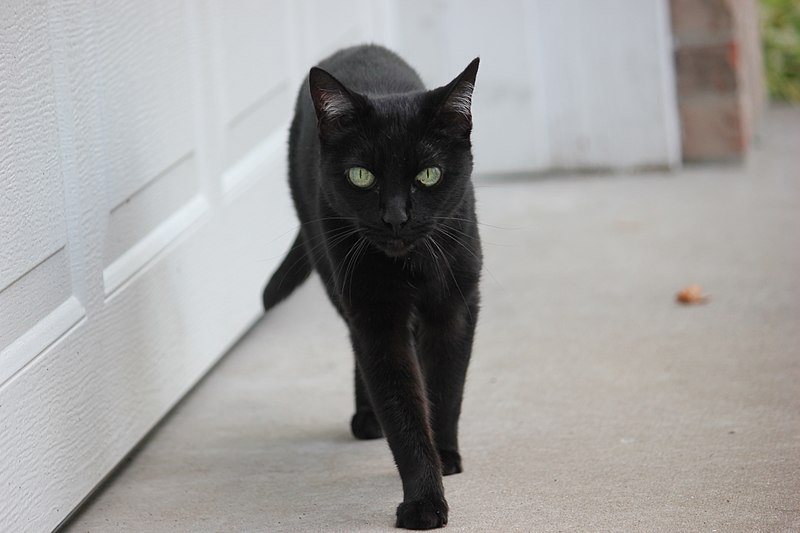
In many Western cultures, it is believed that a black cat crossing your path brings bad luck. This superstition dates back to the Middle Ages when black cats were associated with witchcraft. People thought that witches could transform into black cats to move around undetected. Thus, encountering a black cat was considered a bad omen. Despite their historical negative connotations, black cats are also revered in some cultures.
Eating Goat Meat (Rwanda)

In Rwanda, there is a superstition that eating goat meat can cause women to grow facial hair. This belief discourages women from consuming goat meat, fearing it will lead to masculine features. The origin of this superstition is unclear but it has persisted for generations. It reflects cultural attitudes towards gender and appearance. Despite its lack of scientific basis, the superstition continues to influence dietary choices.
Giving Yellow Flowers (Russia)

In Russia, giving yellow flowers is considered a bad omen, particularly in romantic relationships. Yellow flowers are associated with infidelity, separation, and betrayal. This superstition is so strong that many people avoid giving yellow flowers altogether. The negative connotation stems from cultural associations with the color yellow and its symbolic meanings. To avoid misunderstandings, Russians prefer other colors for bouquets.
Whistling at Night (Japan)

In Japan, it is believed that whistling at night can attract snakes or evil spirits. This superstition may have originated from the fear of snakes, which are more active after dark. The eerie sound of whistling in the quiet of night was thought to summon these creatures. It also relates to ancient beliefs about spirits roaming at night. To stay safe, people are advised to avoid whistling after sundown.
Sweeping Over Feet (Turkey)
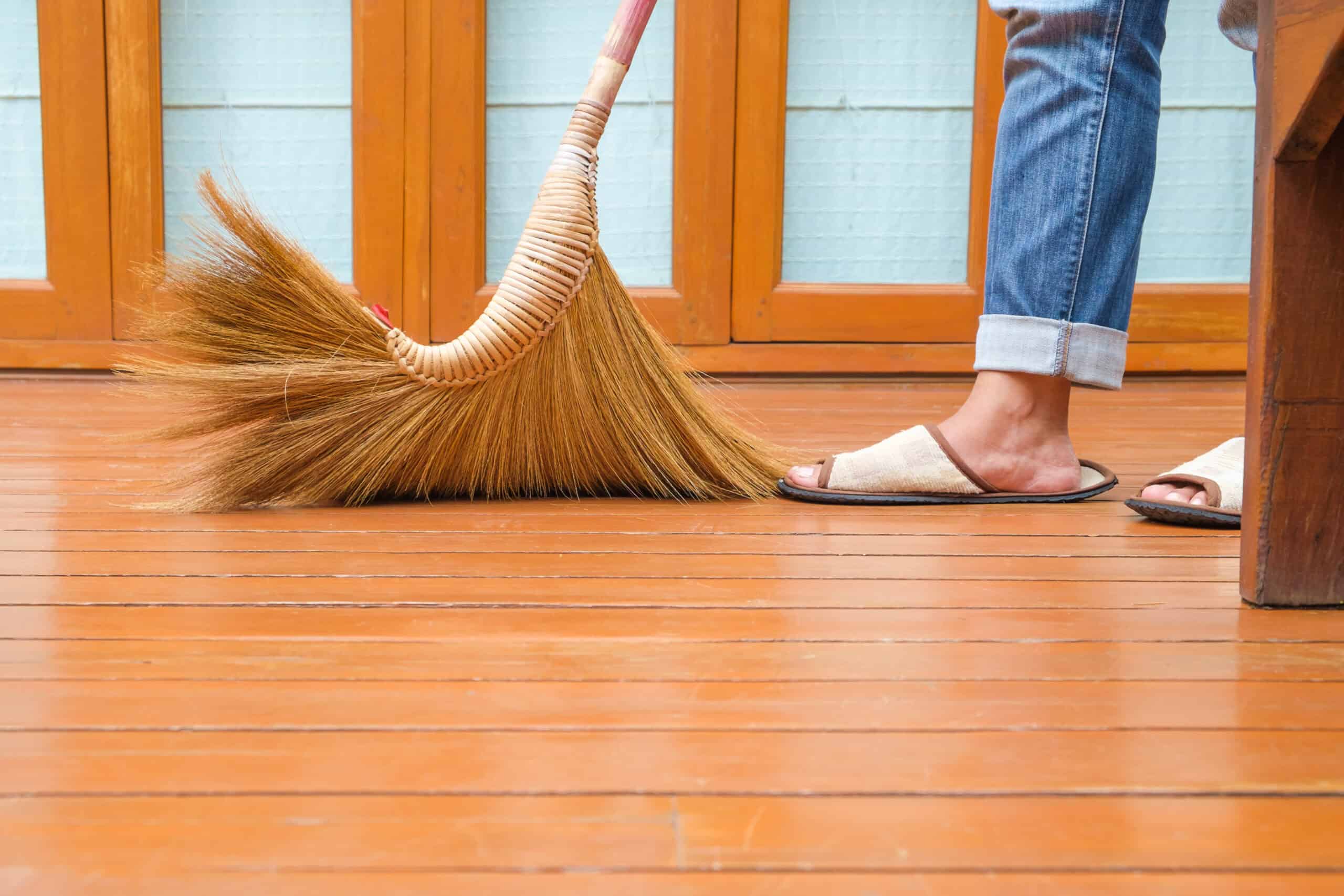
In Turkey, it is believed that if someone sweeps over your feet with a broom, you will never get married. This superstition stems from the idea that sweeping symbolizes sweeping away one’s chances of marriage. To reverse the bad luck, the person must immediately spit on the broom. This act is thought to counteract the negative effects. The superstition highlights the importance placed on marriage in Turkish culture.
Itchy Palms (Western Cultures)

In many Western cultures, an itchy palm is believed to be a sign of impending financial change. If your right palm itches, it means you will receive money soon. Conversely, if your left palm itches, it means you will lose money. This superstition varies slightly between cultures but the general idea remains the same. The origin of this belief is unclear but it continues to be a popular notion about money.
Cutting Nails at Night (India)
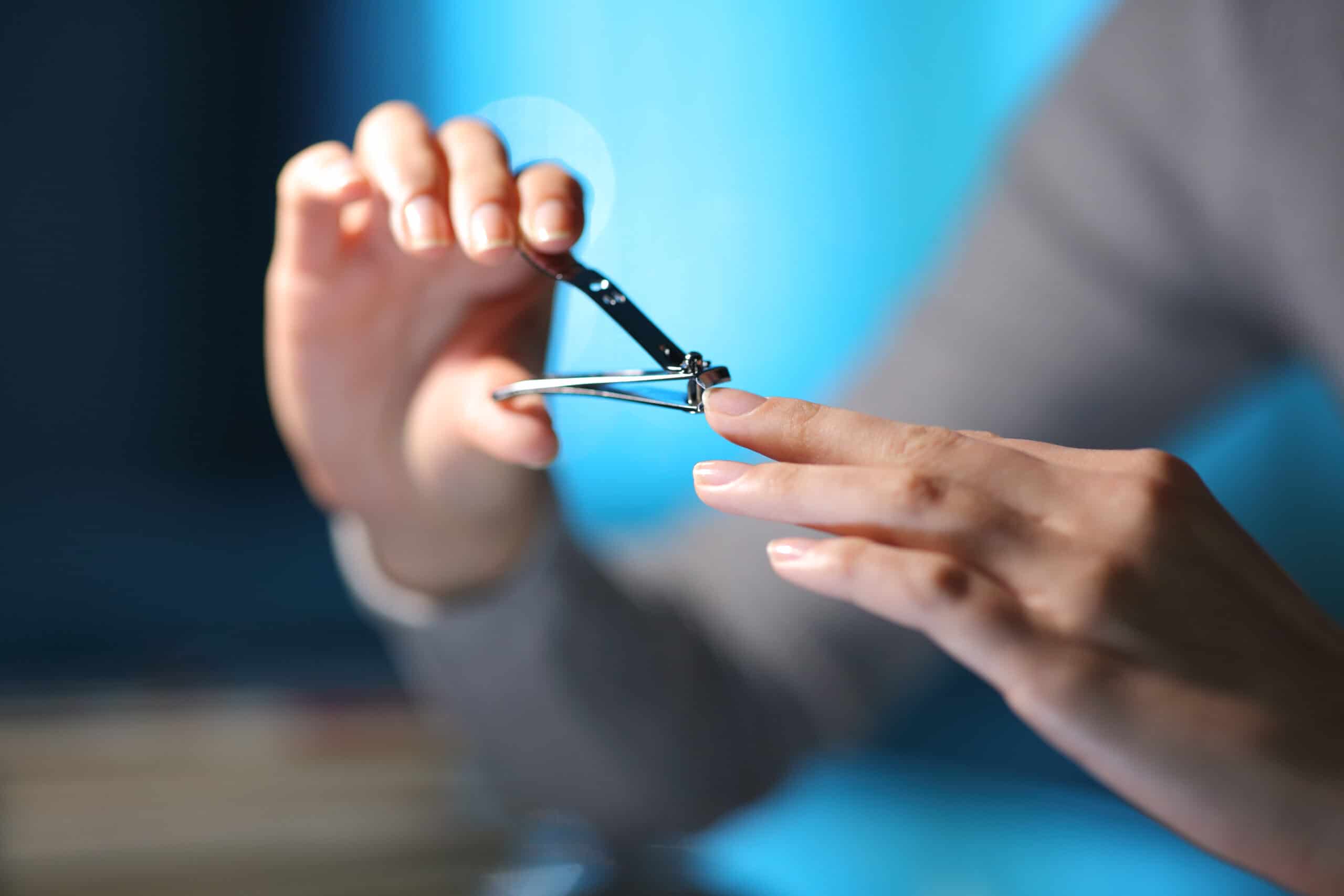
In India, it is considered bad luck to cut your nails at night. This superstition likely originated from practical reasons, as poor lighting in ancient times could lead to accidents while trimming nails. However, it has evolved into a belief that cutting nails after dark can invite evil spirits. To avoid bad luck, people prefer to trim their nails during the daytime. This practice is still followed by many households.
Tuesday the 13th (Spain and Latin America)

In Spain and many Latin American countries, Tuesday the 13th is considered an unlucky day, similar to Friday the 13th in other cultures. The superstition combines the bad luck associated with the number 13 and the belief that Tuesday is ruled by Mars, the god of war. This makes the day particularly ominous. Many people avoid making important decisions or starting new projects on this day. The fear of bad luck on Tuesday the 13th is deeply ingrained in these cultures.
Stepping on Cracks (Western Cultures)

The superstition “Step on a crack, break your mother’s back” is well-known in Western cultures. This rhyme suggests that stepping on cracks in the pavement can cause harm to one’s mother. While it is mostly recited by children, it reflects a broader cultural anxiety about causing harm through careless actions. The superstition likely originated as a way to teach children to be mindful of their steps. Despite its playful nature, some people still avoid stepping on cracks out of caution.
Owls as Omens (Middle East)

In many Middle Eastern cultures, owls are considered harbingers of death or bad luck. This superstition stems from ancient beliefs that owls, as nocturnal creatures, were associated with the underworld and evil spirits. Hearing an owl’s hoot is thought to predict an impending death. As a result, owls are often regarded with fear and suspicion. Despite their beneficial role in controlling pests, owls are shunned due to this enduring superstition.
Tucking Thumbs In (Japan)

In Japan, it is common to tuck in one’s thumbs when passing a graveyard. This superstition arises from the belief that the thumb represents the parent, and tucking it in protects them from death. The gesture is a sign of respect and a protective measure against evil spirits. This practice reflects the strong cultural emphasis on family and ancestor reverence. Many Japanese people still adhere to this superstition when near cemeteries.
Dropping Scissors (Various Cultures)
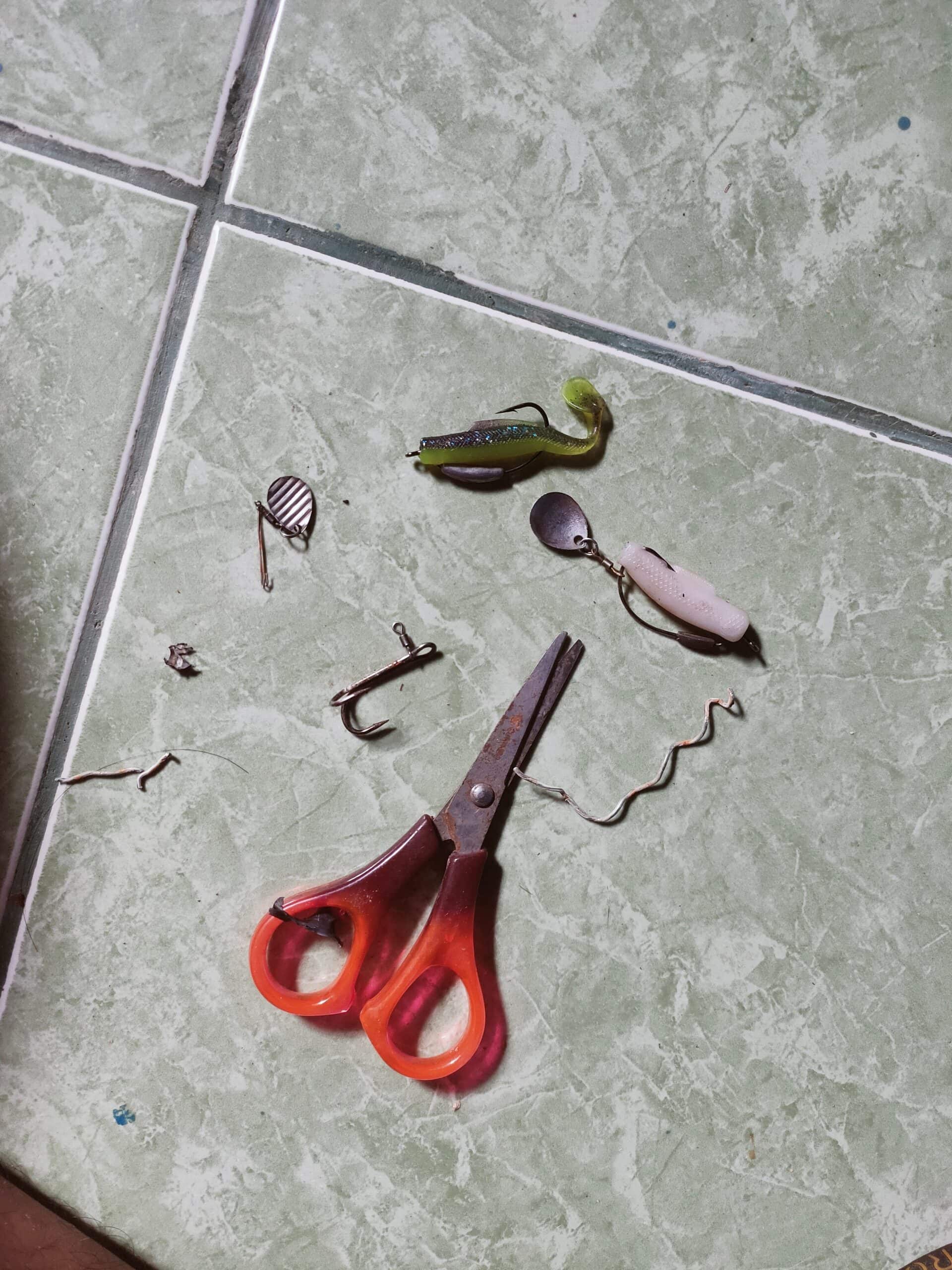
In several cultures, dropping a pair of scissors is considered a bad omen. This superstition suggests that if scissors are dropped, a quarrel or disagreement is imminent. To avoid this, some people quickly step on the dropped scissors. This act is believed to neutralize the bad luck and prevent conflict. The superstition highlights the symbolic power of sharp objects in various cultures.
Purse on the Floor (Latin America)

In many Latin American countries, placing a purse or wallet on the floor is believed to bring financial misfortune. This superstition is based on the idea that money will be lost or spent unwisely if it is not treated with respect. Keeping a purse off the floor symbolizes taking care of one’s finances. To avoid bad luck, people ensure their bags are placed on chairs or hooks. This practice underscores the importance of financial prudence.
Sneezing (Various Cultures)

The act of sneezing has various superstitions associated with it across different cultures. In some beliefs, a sneeze is seen as the body’s attempt to expel evil spirits. This is why people often say “Bless you” after someone sneezes, as a way to protect them from harm. In other cultures, sneezing once may be seen as a sign of good luck, while sneezing twice in a row might predict an impending argument. These superstitions highlight the varied interpretations of a common bodily function.
This article originally appeared on Rarest.org.
More From Rarest.Org
Wine auctions have become a fascinating world where history, craftsmanship, and rarity converge to create extraordinary values. The most expensive wines ever auctioned tell stories of legendary vintages, remarkable winemaking, and unique provenance. Read more.
Currencies around the world vary greatly in value, reflecting the economic conditions of their respective countries. Some currencies, due to factors like inflation, economic instability, and historical challenges, have become the smallest in terms of value. Read more.
The world of vintage cars is filled with rare gems that capture the essence of automotive history. These cars, produced in limited numbers and often featuring groundbreaking designs and engineering, are highly coveted by collectors and enthusiasts alike. Read more.



